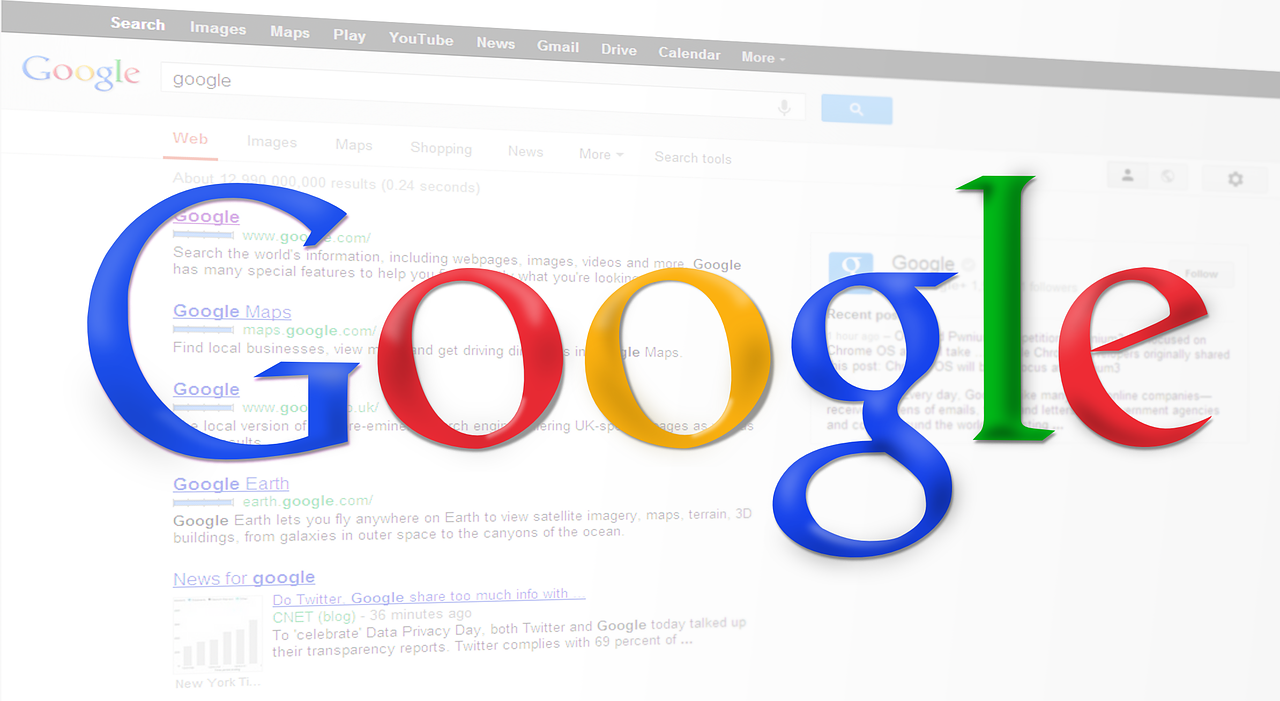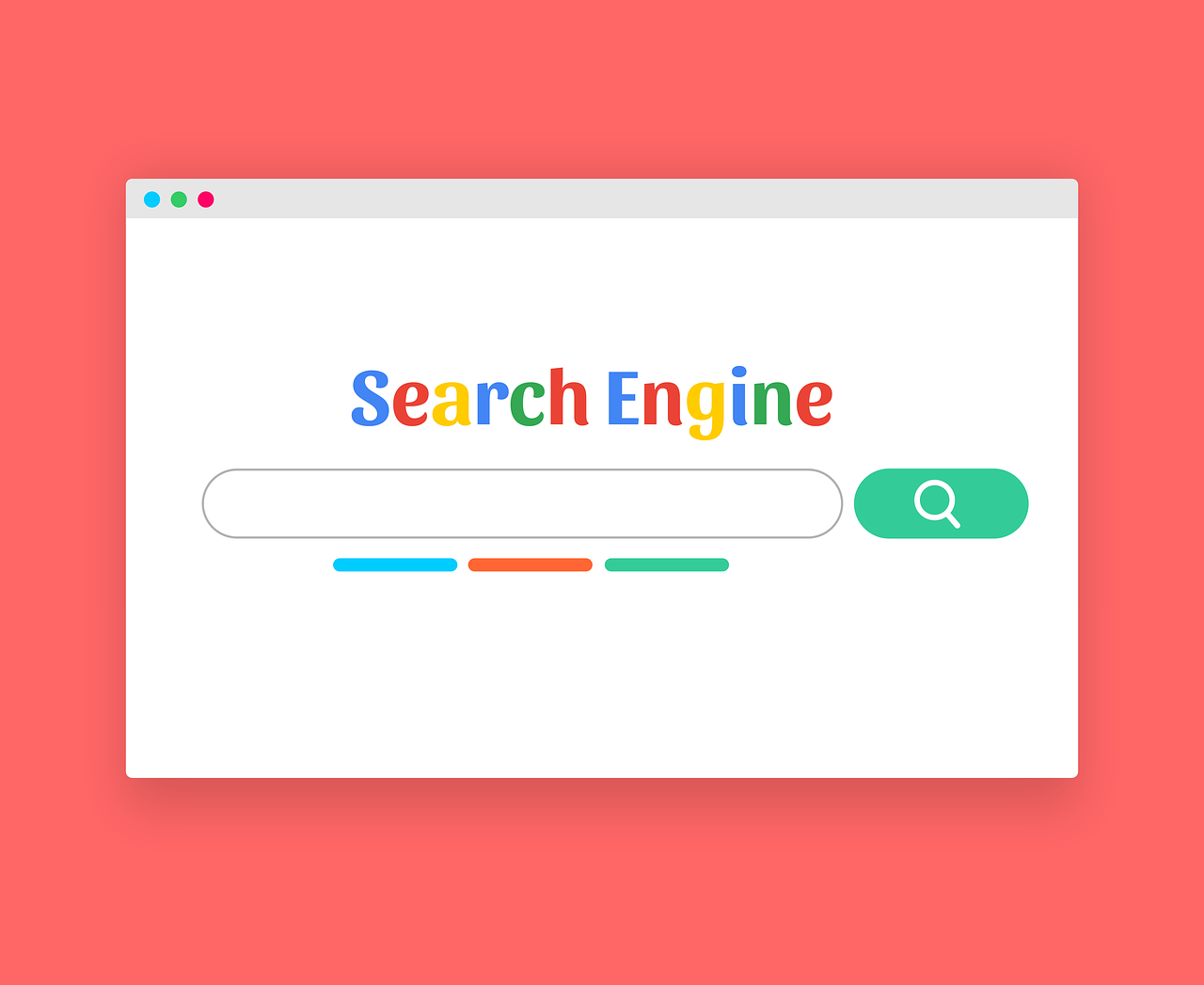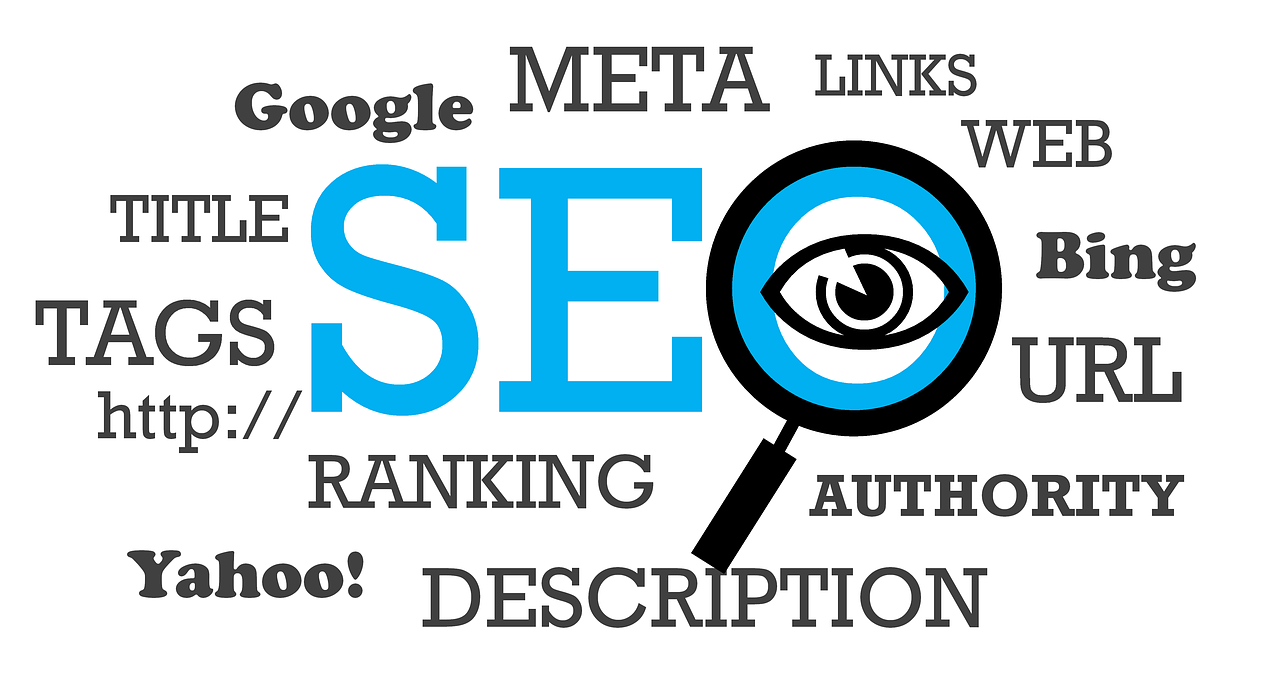As a website owner, you understand that traffic is essential. In the digital world, traffic is as important as location in property. It's the difference in between a prospering online company and an unnoticeable one. Your website's traffic is the lifeline for possible conversions, engagements, and eventually, revenue. While numerous approaches can drive traffic, consisting of advertising, it can be expensive. Online search engine, nevertheless, offer a more budget-friendly method to attract targeted visitors who are currently thinking about your product or service. But merely having a site isn't enough to ensure traffic. It's vital to optimize it successfully to enhance visibility in search results.
Sadly, lots of site owners don't fully appreciate the function of seo (SEO) in attracting visitors. They frequently focus on visual style over functionality, which can be a pricey mistake if it implies sacrificing search engine exposure. So, to assist you prevent some of the most typical mistakes in SEO, here are 10 pricey search engine errors to avoid in 2024.
1. Not Using Keywords Effectively
Choosing the best keywords is foundational to any successful SEO technique. When chosen well, keywords bridge the gap between what your audience is searching for and what your website deals. Efficient keyword research study involves analyzing search intent, recognizing low-competition, high-relevance terms, and executing them thoughtfully across your site. A mistake here can indicate your website will not reach its designated audience, leaving prospective traffic untapped.
Service: Use tools like Google Keyword Planner or SEMrush to carry out comprehensive keyword research, concentrating on long-tail keywords with lower competitors but high importance to your niche.
2. Keyword Stacking: Overusing Keywords
Lots of people erroneously think that the more a keyword appears on a page, the much better it will rank. Nevertheless, excessive using the very same keyword (a method known as "keyword stacking") can really backfire. Online search engine like Google see this as an effort to control rankings, which can cause penalties.

Solution: Aim for natural language and utilize synonyms or associated terms to prevent straining the page with the very same keywords. Keep readability and focus on user experience, as online search engine fast to spot forced keyword usage.
3. Utilizing Irrelevant Keywords
Some website owners attempt to bring in more traffic by utilizing keywords unassociated to their content. They may consist of terms that are currently trending, names of stars, or popular however unimportant subjects. This "keyword baiting" technique is deemed spam by online search engine and could lead to lower rankings and even a ban from search listings.
Service: Stick to keywords that are directly associated with your content. If you're not sure, ask yourself, "Would this search term really assist a visitor discover what they're trying to find on my site?"
4. Keyword Stuffing in Meta Tags and Alt Text
Keyword stuffing, particularly in meta tags and alt text for images, utilized to be a typical SEO technique.

However in 2024, this technique does more damage than good. When search engines detect keyword stuffing in meta descriptions or alt tags that don't accurately describe the material, it can harm your SEO.
Option: Ensure that all meta tags and alt text are relevant, useful, and natural-sounding. Your alt text should describe the image in a manner that's valuable to users, particularly those who utilize screen readers.
5. Counting On Hidden Text
Some web designers try to "hide" keywords by making the text color the same as the page background. They assume that if the text is invisible, it will not disrupt the user experience however will still count toward SEO. However, online search engine are highly advanced and can detect these methods easily. Hidden text is thought about a manipulative practice and can get your site punished and even banned.
Solution: Focus on incorporating keywords naturally within noticeable material.

SEO is no longer practically keywords however about providing valuable content that lines up with user intent.
6. Using Tiny Text for Keywords
In addition to hidden text, some website owners attempt utilizing minuscule font style sizes for keywords, thinking this will go undetected by search engines. This technique, while less common, is another form of SEO manipulation and is simply as dangerous as covert text.
Option: Use understandable typeface sizes that improve the user experience. The very best approach is to structure content naturally and place keywords within the context of valuable information.
7. Dealing With All Search Engines the Same
Each search engine has its own algorithm and guidelines for ranking sites, and they are upgraded frequently. Presuming that all search engines operate identically can result in missed out on chances. For instance, while Google prioritizes user experience and mobile optimization, Bing positions greater value on social signals and domain age.

Solution: Research the specific ranking elements for each search engine you target. Although Google is the dominant gamer, optimizing for other online search engine can broaden your reach and improve overall visibility.
8. Utilizing Free Web Hosting Services
While free webhosting services are economical, they typically come with restrictions, including ads, low bandwidth, and limited control over your site. Additionally, search engines may overlook and even punish websites hosted on totally free platforms, as these websites are frequently associated with lower quality and higher spam content.
Solution: Invest in a trusted hosting company. The improved packing speed, customization alternatives, and professional image are worth the expense, as they can positively impact your SEO.
9. Neglecting Website Technical Health and Completeness
Online search engine focus on sites with seamless user experiences, which implies technical concerns like damaged links, missing images, or insufficient pages can hurt your rankings. If users or search engine crawlers experience missing elements on your site, it can decrease your credibility and make your website look unprofessional.

Solution: Use tools like Google Search Console or other complimentary online tools to check for errors, broken links, and other issues that can impact your site's health. Frequently auditing your website assists keep ideal efficiency and enhances user experience.
10. Ignoring Mobile Optimization
With the boost in mobile users, search engines now provide concern to mobile-friendly websites. Not optimizing your website for mobile can result in a lower ranking, as search engines may view it as an indicator of bad user experience.
Option: Implement a responsive design and test your website on numerous devices to guarantee it offers a good experience for mobile users. Tools like Google's Mobile-Friendly Test can assist you recognize locations for improvement.
Avoiding these SEO mistakes can be the distinction in between a high-ranking, traffic-generating website and one that hardly gets noticed. While it's tempting to try to find shortcuts in SEO, following ethical, user-focused methods will yield much better results in the long run.

Put in the time to learn and implement proper SEO practices, and your website will be well-positioned to attract quality, targeted traffic that benefits your business.
In 2024, the search engine landscape continues to develop, highlighting authentic material, positive user experience, and transparency. Avoiding these costly mistakes will not just improve your search engine rankings but likewise improve the credibility and dependability of your site. Keep in mind, SEO is an investment-- not simply in search engine placement however in developing a much better user experience for each visitor who finds your site.
 Add Row
Add Row  Add
Add 




Write A Comment